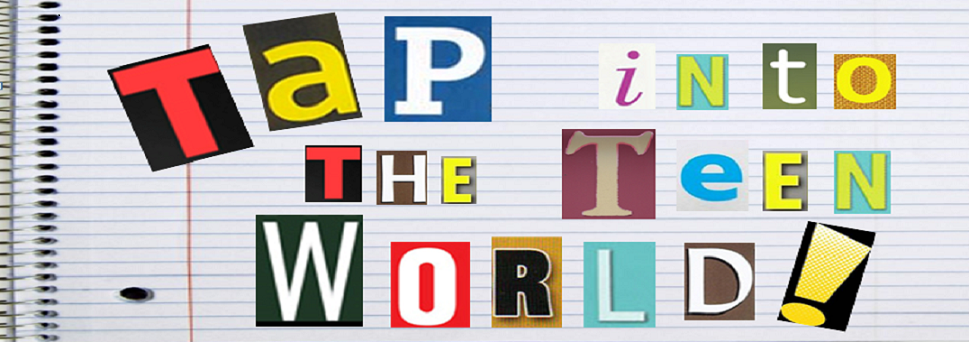 It's not an easy task, but we need to be aware of how our students are doing and try to keep a balance between fluency vs. accuracy in the classroom
It's not an easy task, but we need to be aware of how our students are doing and try to keep a balance between fluency vs. accuracy in the classroom
There is a tension where too much desire for accuracy denies a student fluency. And too much emphasis on fluency can result in spoken language that follows no rules at all.
Bring exercises where they can access and correct COMMON mistakes is a great way to do it without putting them in the spotlight.
This activity can be done in groups or individually, set a time limit and ask your students to correct the mistakes in the sentences below.
1. I have twenty one years old.
2. My friend he is a system analyst.
3. This is for to use in the computer.
4. Could you borrow me your book?
5. He don´t work here anymore.
6. That store is near to my house.
7. How long time were you in Mexico?
8. She can to go right now.
9. How frequent do you watch sitcoms?
10. I go to the gym one time a week.
11. I need do my homework today.
12. How long do you work here?
13. Childrens usually don´t like vegetables very much.
14. I´m not understanding. Could you repeat, please?
15. Did you went to the movies in the last week?
16. I´ve knowing my best friend since for 10 years.
17. I don´t have nothing to do.
18. I want you to tell to her I am very busy.
19. The peoples usually like to work in a group.
20. I´ll attend the phone.
21. I borned in SP.
22. I have afraid of ghosts.
23. I was doing my homework yesterday night.
24. I told my wife to change your car. She bought a very old one!
25. I got up late and I lost my bus!!!
26. A: Have a nice weekend.
B: For you too!
27. Have twenty five people in my department.
28. I have particular Spanish classes.
29. We have differents products in your company.
30. I tripped to London last year.
31. Always I ask my boss to take easy.
32. We go out work at 6:00 pm.
33. When I will win the lottery, I will buy a huge apartment.
34. Are you calling me today at night?
35. You must train your Spanish.
36. Did you used to play a lot as a kid?
